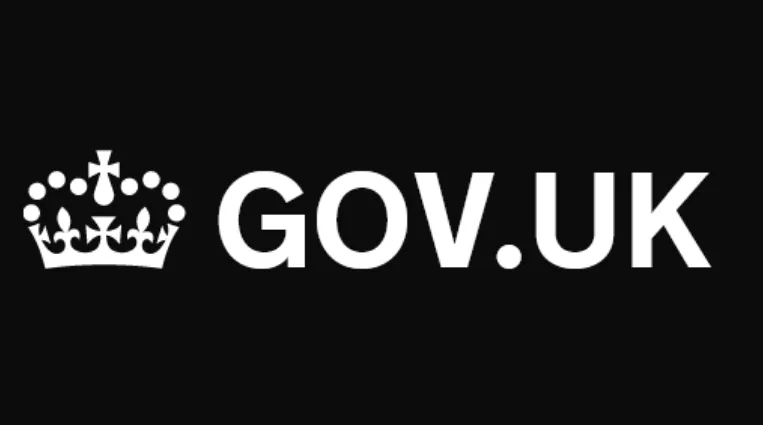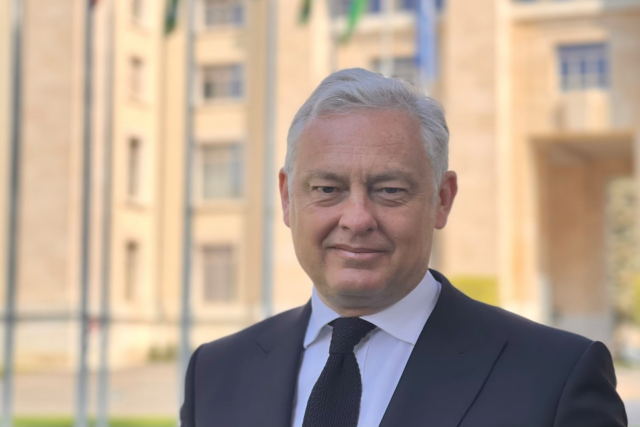2022 Rohingya Joint Response Plan: UK statement

The UK’s Permanent Representative to the UN in Geneva, Ambassador Simon Manley, delivered this statement during the 2022 Rohingya Joint Response Plan.

Thank you Honourable State Minister Shahriar Alam, High Commissioner Grandi and Director-General Vitorino.
Thank you for giving voice to the refugees. As we enter the fifth year of this tragic crisis, we must inject renewed energy to address both its causes and symptoms. We need a long-term solution that enables the Rohingya to return voluntarily and safely to Myanmar, as soon as conditions allow. And we must make progress on accountability for the atrocities committed in Myanmar. The UK will continue to press for these objectives in New York at the UN Security Council and here in Geneva at the Human Rights Council. We will not allow this crisis and its causes to be forgotten.
We remain deeply grateful to Bangladesh for its continued hosting of the refugees. The UK is committed to supporting Bangladesh in managing the refugee crisis while the Rohingya remain. For our current financial year, we originally provided £27.6 million to the response. We are pleased to announce that we have increased this by a further £9m. This brings the UK’s total support since 2017 to £330 million.
UK support for this year includes a new contribution to the UN’s response on Bhasan Char, which now forms part of the overall response. In providing UK support, we welcome the commitment for relocations to be voluntary and for the Rohingya to be able to travel between the island and Cox’s Bazar.
At the same time, there is a need for the Rohingya to lead safe, dignified and purposeful lives both on Bhasan Char and in the Cox’s Bazar camps, where the vast majority will continue to live. There should be equal opportunities in both locations.
At last year’s launch, we emphasised the importance of education and livelihoods. Progress on both issues has sadly been frustrated, including of course by the impact of COVID. Thankfully, schools are now open. We hope to see a step change this year in access to quality education, particularly for girls, and some form of recognition or certification for their studies. And we hope a skills framework will be launched in the coming months and linked to livelihood opportunities.
These are critical ingredients to prepare the Rohingya for their eventual return home. But also to combat worsening criminality and insecurity in the camps. These issues are particularly affecting women and girls, many of whom suffer appalling abuse and exploitation.
The world faces unparalleled humanitarian needs, including in Yemen, Ethiopia, Syria, Afghanistan and now Ukraine. Against that background, and with resources already stretched by the pandemic and inflation, it is essential that we structure our collective efforts in a way which maximises the value of the money we spend, takes a longer-term perspective and optimises the range of different resources, including bilateral and multilateral development funding.
I would like to thank all those involved in the response in Bangladesh, from the Honourable Prime Minister down. The UK remains focused on the plight of the Rohingya and the strain this protracted crisis places on Bangladesh.
And, we remain firmly committed to working together to improve the situation for the Rohingya while they are in Bangladesh and the communities that host them, and to working with others to resolve the underlying causes of the crisis, including through the restoration of democracy and an end to the repression and impunity in Myanmar.
Announcements
28 February 2025
Asian NGO Network on National Human Rights Institutions , CSO Working Group on Independent National Human Rights Institution (Burma/Myanmar)
Open letter: Removal of the membership of the dis-accredited Myanmar National Human Rights Commission from the Southeast Asia National Human Rights Institution Forum

Progressive Voice is a participatory rights-based policy research and advocacy organization rooted in civil society, that maintains strong networks and relationships with grassroots organizations and community-based organizations throughout Myanmar. It acts as a bridge to the international community and international policymakers by amplifying voices from the ground, and advocating for a rights-based policy narrative.